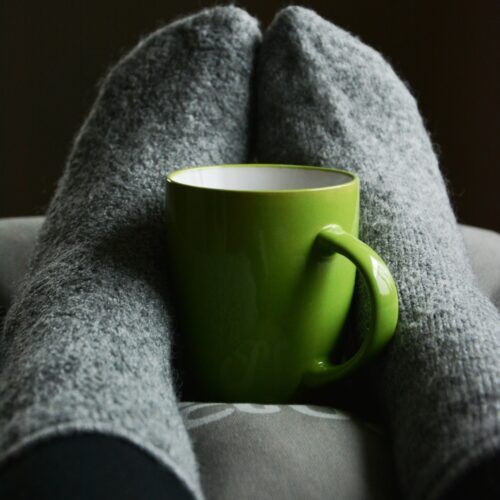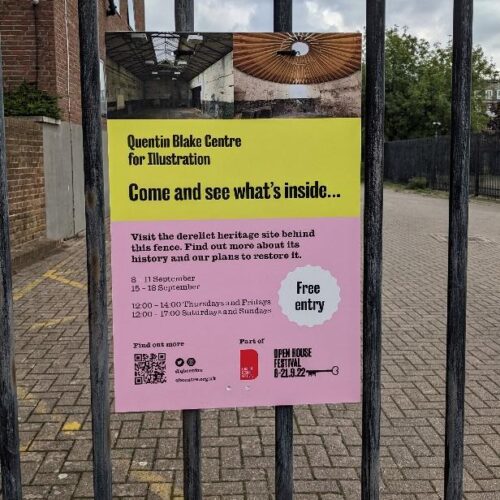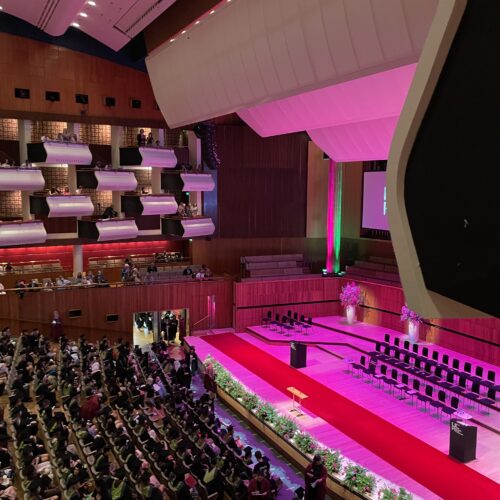
Now we are all broadcasters
The very first commercially produced film camera, the cinematograph, designed and built by the Lumiere Brothers in Paris at the dawn of cinema in the last years of the 19th century were of such huge social and cultural significance because they became the principal means by which the very first film makers, ordinary men and women who had no experience of photography, could use an instrument to both film and project their images. Films, now of great historical interest, but arguably mostly full of banal content, were shot and screened all over the world by pioneers in filmed journalism. Everyone wanted to see the latest cinematographic film.
In the last few days a new app owned by Twitter, called Periscope, has been made available to download onto your iphone – assuming you have one! Android users will not have to wait long for a version they can use. Periscope is not the first such app and already there are interesting examples of how live streaming from a mobile phone has been used in some newsworthy situations in the USA. But because of its link to Twitter my guess is that it is likely to become very popular. These are early days in the social revolution that is taking place thanks to digital technology and the Internet and the pioneers of live streaming from your mobile phone are certain to count in their millions before long. Sure, like most video content online, live streaming will principally consist of stuff that is only of interest to its creator and their immediate family and friends, but with news this morning of the shooting of an unarmed African American in the back in Charleston South Carolina having been videoed on a mobile phone, leading to the arrest of the policeman who fired the shots being charged with murder, I wonder when the Twittersphere will jangle with the re-tweeting of live coverage of other such tragic events so that we can all watch death and destruction live, as it happens. Will some brave soul in Raqqa, the capital of IS in Syria, be able to download Periscope and send live streams of the latest atrocities of Islamic State shortly? How much of our news will we want to receive through unmediated live coverage? Will this extraordinary tool in the hands of the citizen journalist become our default conduit into reality?
Today anyone with a mobile phone can be a citizen journalist. Download a few more apps that enable you to edit, create SFX and sound design, watch a few tutorials on YouTube and who is the happy amatuer anymore? What has happened to the distinction between the professional film maker and the amateur? The language of the moving image is evolving at a pace that we haven’t seen since the early days of cinema when cinematic language was being invented. But now it is the ‘consumer’ who is the arbiter of what has artistic and cultural merit, usurping the role of the critic and teacher in defining what is artistically worthy and excellent.
If Periscope gets enough thumbs up ‘likes’ and viewers, hungry for video authenticity, prefer to receive their injection of ‘live news as it happens’, from this army of citizen journalists, then it really begs the question, what’s the future for conventional news gathering? Perhaps a hybrid like Vice News is the future for news or the likes of the BBC will come to rely ever more on content created by the new generation of citizen journalists.






The question of authenticity raises it’s head? Much news is partisan if only because the bigger picture can not be seen. A video might appear to tell the truth but can the viewer be sure of the context? Yes, the technology is amazing but it comes at a price. I shall now check the mention of the killing in Charleston this morning on the BBC app!
Well it is on the BBC app; the murder took place last Saturday and the report mentions the fact that the policeman would probably not have been charged if the video had not been available.
I also wonder about this supposed sanctity of the image. The recent debacle in the WPP ‘prize’ which seemed to be apoplectic about pixel modification and yet defends the right of the journalist to express themselves as they see fit under the freedom of expression banner. However I see no more reason to believe in the BBC who seem forever to asking, at the first hint of a major spectacular story to ask whether ‘anyone has any images or videos to share’.
I find myself taking the BBC with a pinch of salt because they have their own credo and yet remain one of the most reliable news agencies. The important aspect of the recent murder of a “black” by a “white” policeman is that video by a passer by was used for legal justification rather than merely for news.
Interesting piece Adam, I am reminded of this ‘still’ photograph https://iconicphotos.wordpress.com/2009/08/26/the-murder-of-emmett-till/ and wonder not necessarily about whether any of it is ‘authentic’ or not – after all everything is mediated by some route or other. But rather whether the ‘spectacle’ of the event becomes more important than the event itself. Emmett’s mother asked for an ‘open’ casket, apparently – which would make it as ‘real’ as could be and yet very little has changed in society, and that we, in the medium of the Visual Arts delude ourselves as to the change that might result in this type of exposure. Plus ca change.
We like to think that our news broadcasters are not biased but the opposite is true and it is often the exercise one has to do of “what is it that they are not saying”. A “newsworthy situation” like the murder of the latest African-American US citizen cannot and should not hold “artistic merit” as that detracts from the whole point of what journalism should be in the first place – a medium to inform interested viewers of what IS happening.
The film Nightcrawler shines a little light of what that might be; how much fiction is in it? It depends how clean and proper you want to believe newsgathing is.